
News writer, Interviewer
Intralot has pulled off a major upset, outbidding industry giants Scientific Games and IGT to secure Maryland's $260 million lottery contract.
The Maryland Lottery and Gaming Control Commission approved Intralot's bid for the state's new Lottery Central Monitoring and Control System. This isn't just another tech contract. It's the backbone of Maryland's entire lottery operation.
What does this contract actually cover?
The winning vendor handles everything that makes lottery tickets possible. They manufacture the counter terminals at 4,300 Maryland retailers. They build the self-service vending machines. They create the software that runs sales and accounting functions. They provide the services that keep Maryland's lottery machine running.
The contract runs for 10 years with a three-year renewal option. That's potentially 13 years of guaranteed revenue.
How did Intralot pull off this upset?
Three companies submitted proposals when Maryland issued its request on July 19, 2024. IGT Global Solutions from Providence, Scientific Games from Alpharetta, and Intralot from Duluth competed for the prize.
Maryland's evaluation committee visited other jurisdictions where each company operates comparable lottery systems. They confirmed all three could meet Maryland's requirements, including 28% Minority Business Enterprise participation.
But here's where it gets interesting. Scientific Games ranked first in technical merit. Intralot came second. Yet Intralot won the contract.
Did price trump technical superiority?
Maryland awards contracts to the "most advantageous" bidder. That means combining technical merit with price. Intralot's financial proposal crushed the competition.
Look at these numbers:
- Intralot: $260,393,946
- Scientific Games: $371,120,165
- IGT: $641,026,355
Intralot underbid Scientific Games by $110 million. They underbid IGT by $380 million. That's a price difference that makes technical rankings irrelevant.
What's Intralot's track record?
Intralot operates lottery systems for 12 North American jurisdictions. Their client list includes Arkansas, British Columbia, Idaho, Illinois, Louisiana, Montana, New Hampshire, New Mexico, Ohio, Washington D.C., and Wyoming. They also handle coin-operated amusement machines in Georgia.
This portfolio proves they can scale operations across different markets and regulatory environments.
When does the transition happen?
Not immediately. The commission's approval is just one step. The Maryland Board of Public Works must approve the determination before awarding the contract. Scientific Games holds the current contract until May 4, 2027.
What does this mean for Maryland's lottery future?
Maryland's lottery has generated over $20 billion in profit since 1973. It's one of the state's largest revenue sources, funding education and public health initiatives. The new system needs to maintain that performance while potentially improving efficiency.
Intralot's significantly lower bid suggests they found ways to deliver the same services at reduced cost. Whether that translates to better value for Maryland taxpayers remains to be seen.
The real test comes when the new system launches. Can Intralot match Scientific Games' technical performance while delivering on their price promise? Maryland's lottery players will find out soon enough.
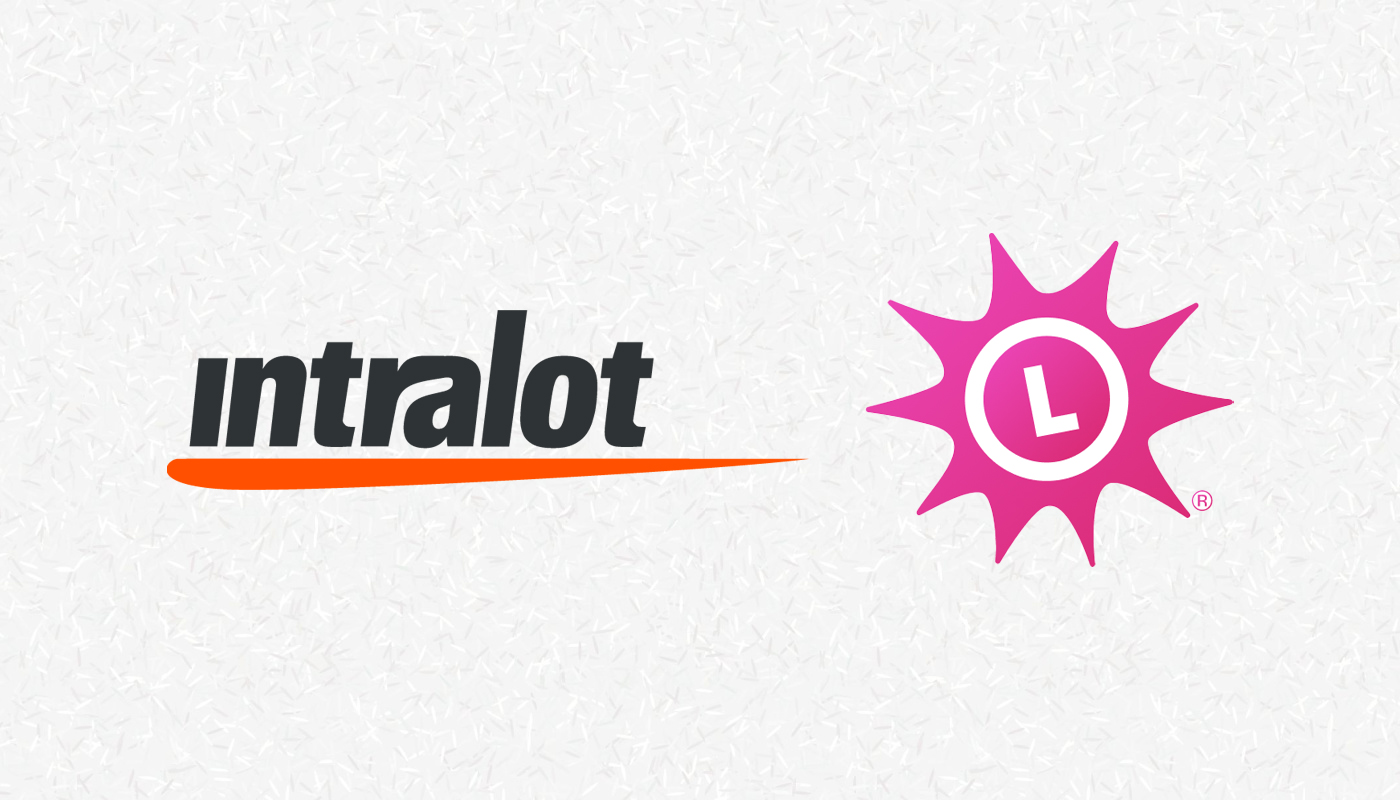
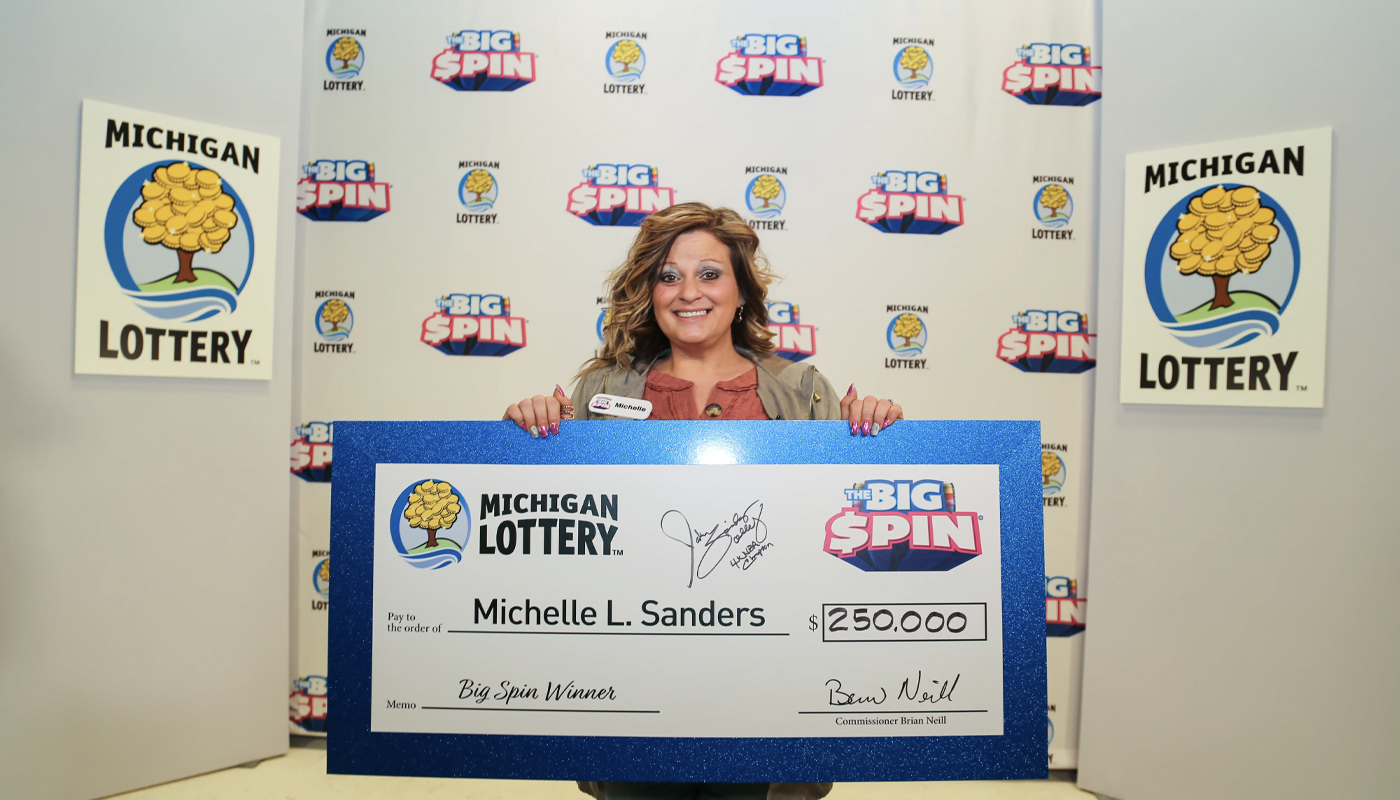

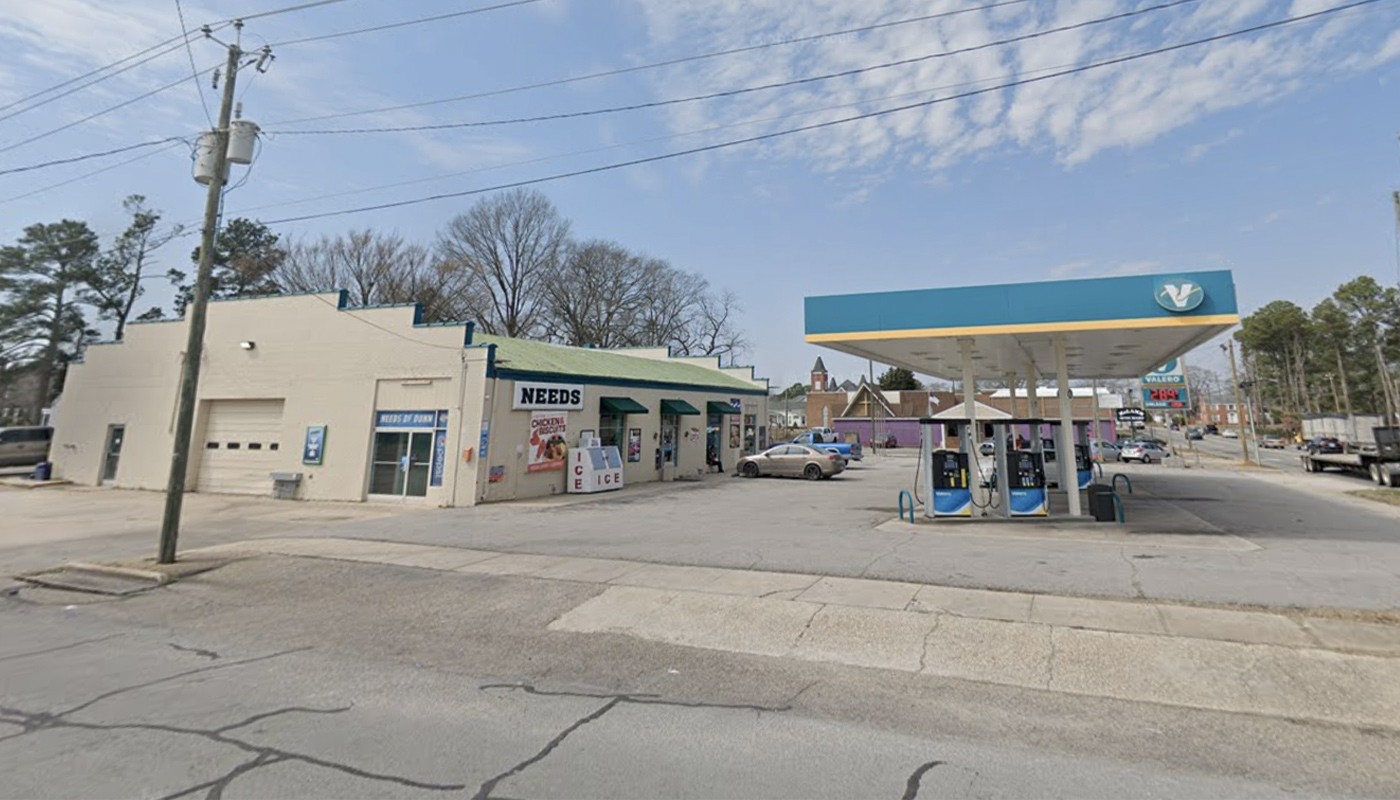

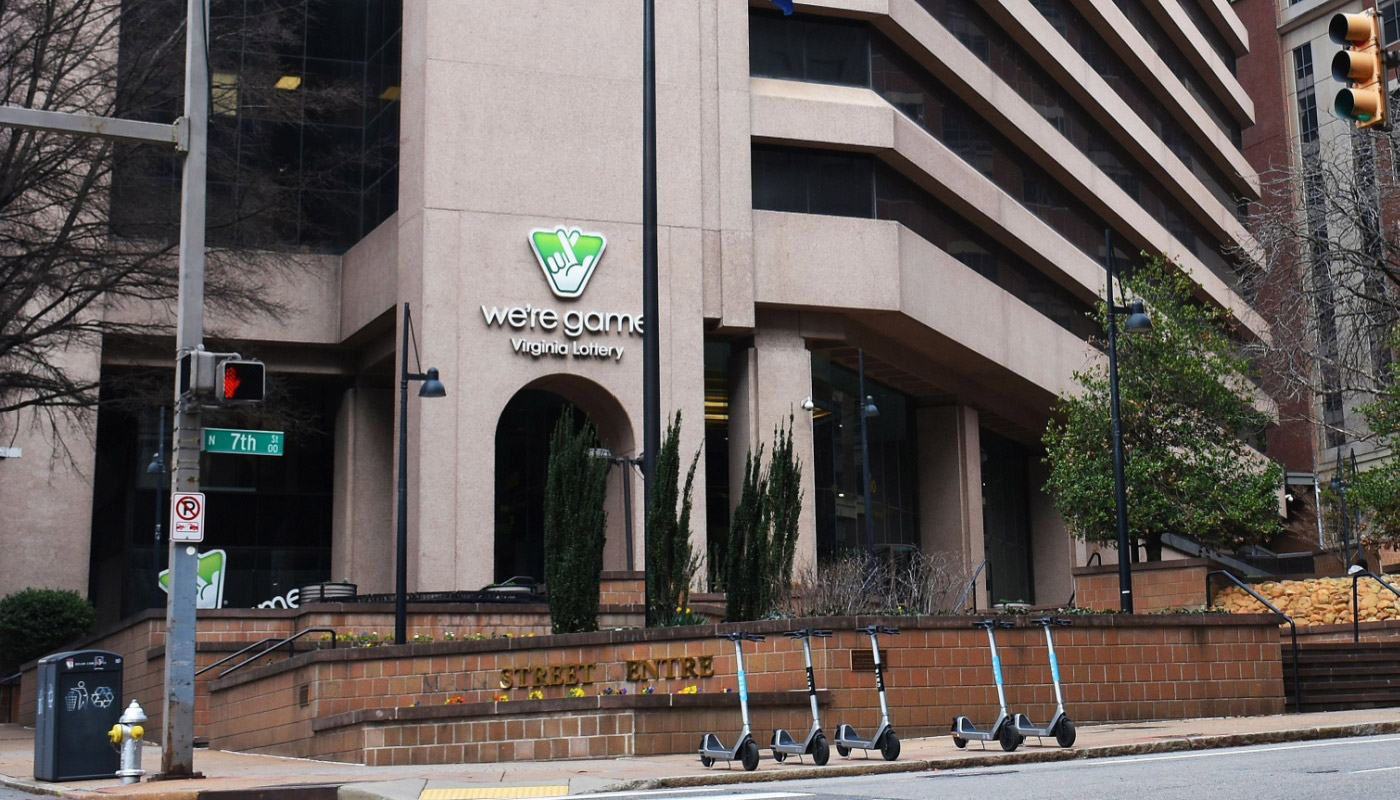
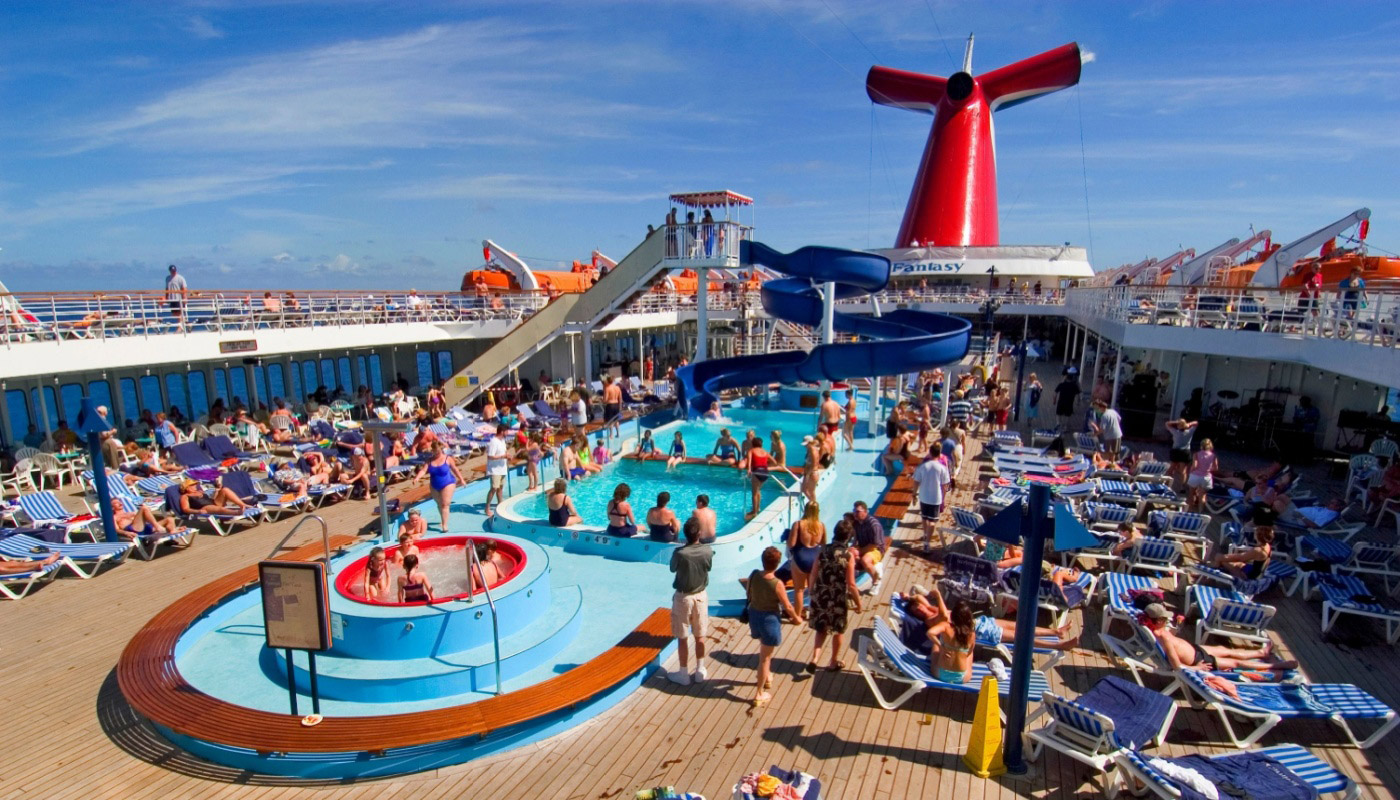


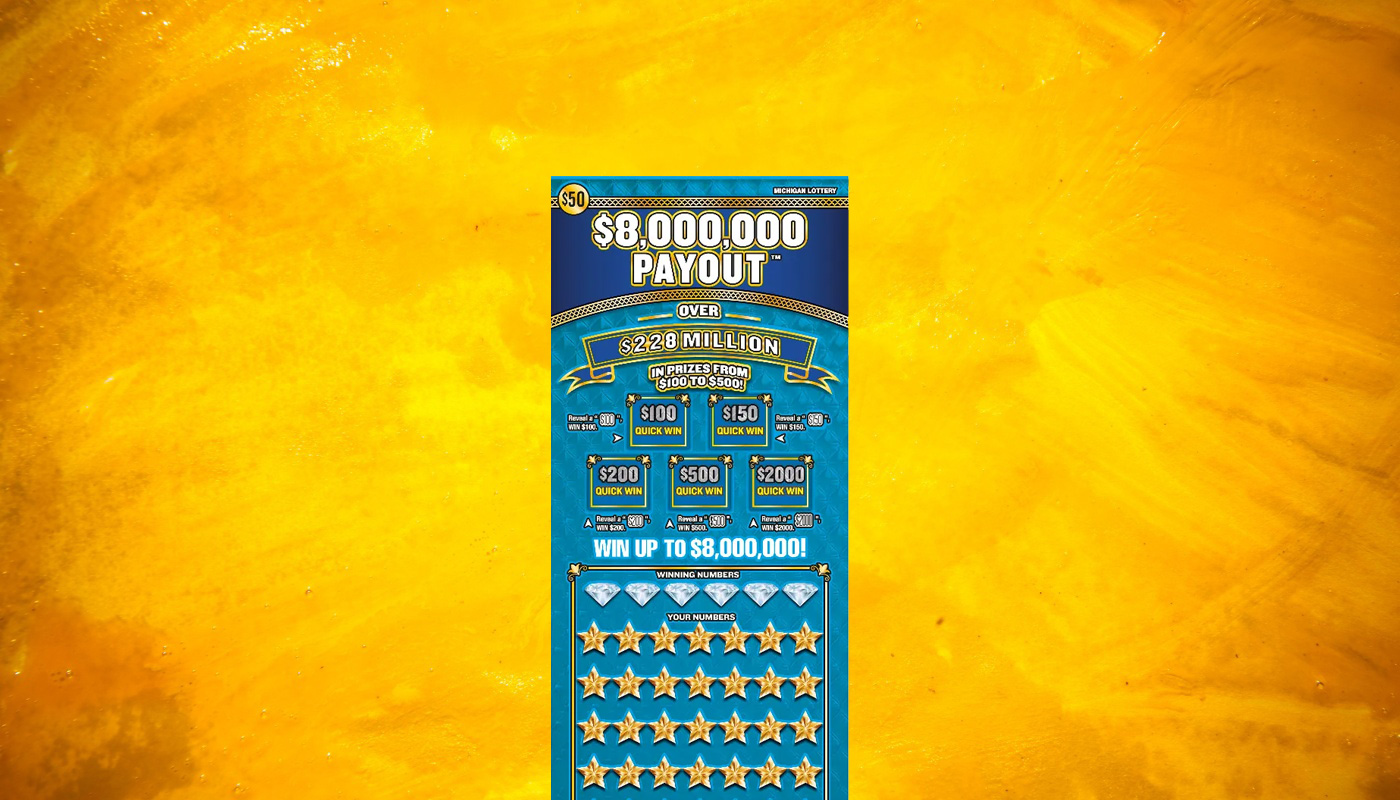
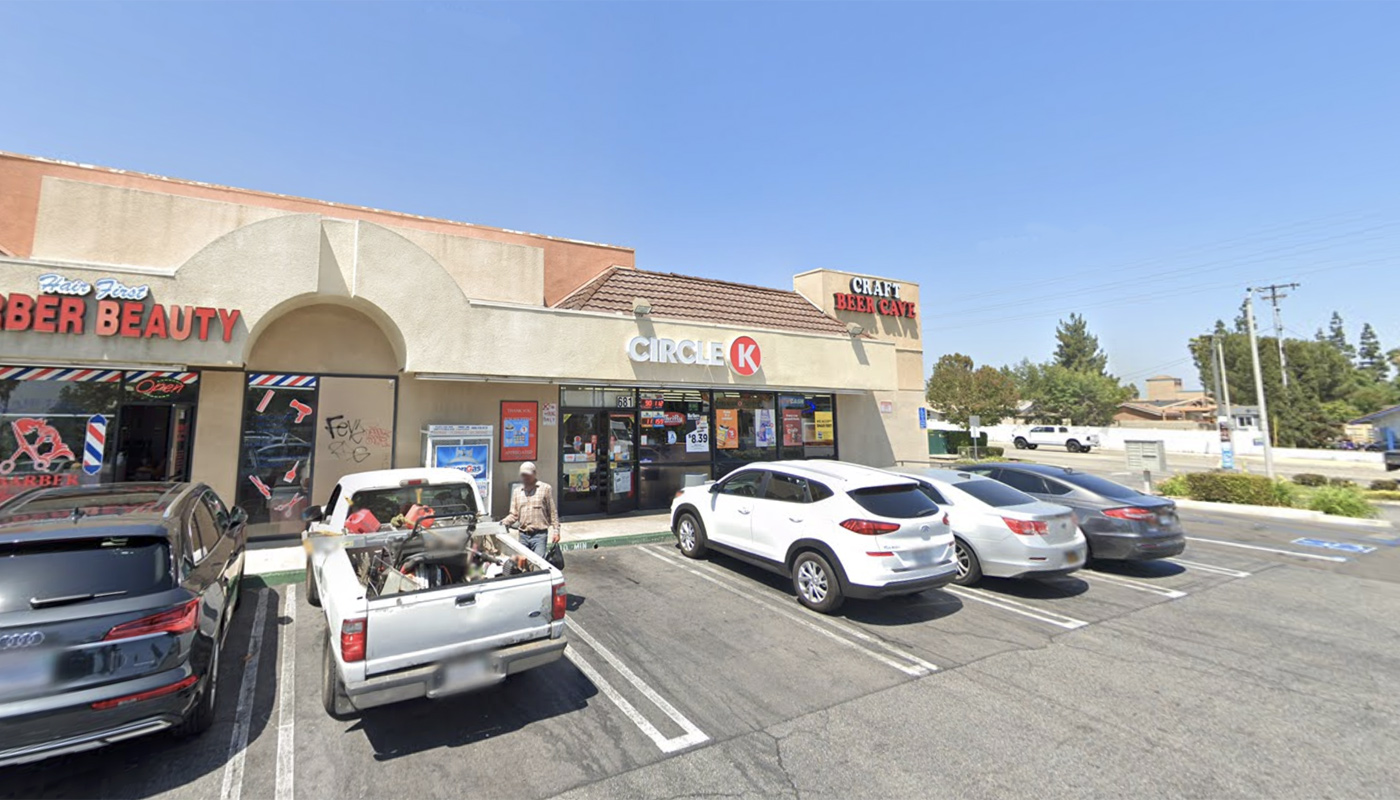









Comments